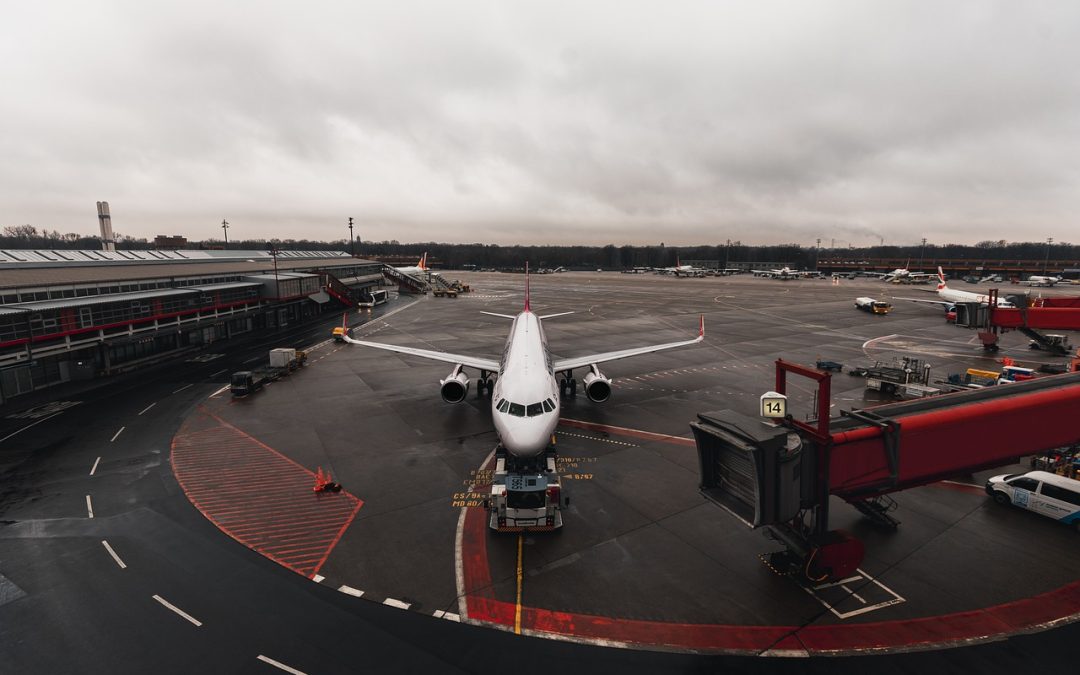As you prepare for your next trip, you might be wondering what happens if the police or Transportation Security Administration (TSA) agents ask to search your luggage. While it’s understandable that you might feel uneasy or unsure about your rights, knowing what to expect and how to navigate the situation can make a significant difference.
Understanding Your Rights
The Fourth Amendment protects individuals from unreasonable searches and seizures. Generally, this means that law enforcement needs probable cause or a warrant to conduct a search. However, there are some exceptions and nuances to be aware of, especially when it comes to airport security and border crossings.
In the context of airport security, the TSA is responsible for ensuring the safety of everyone on board. While TSA agents are not law enforcement officers, they do have the authority to conduct searches and screenings as part of their security protocols.
When Can Law Enforcement or TSA Search Your Luggage?
In general, law enforcement or TSA agents can search your luggage without a warrant or cause in the following situations:
- If you give them consent: If you voluntarily agree to a search, you are waiving your Fourth Amendment rights.
- At border crossings: Customs and Border Protection (CBP) agents have the authority to search your luggage and electronic devices at border crossings, including airports.
- During security screenings: TSA agents can conduct searches and screenings as part of their security protocols.
However, if you’re stopped by law enforcement, such as during a traffic stop, they typically need reasonable suspicion or probable cause to search your luggage.
Practical Tips for Handling Luggage Searches
Remember that staying calm, respectful, and informed can go a long way in de-escalating the situation and protecting your rights:
- Remain calm and polite: Avoid arguing or being confrontational, as this may escalate the situation.
- Know your rights: Be aware of your Fourth Amendment rights and the specific protocols in place for airport security and border crossings.
- Ask questions: If you’re unsure about the reason for the search or what happens next, ask the officer or TSA agent.
- Avoid giving consent: Unless you’re comfortable with a search, avoid giving verbal or written consent.
“The right to be secure in their persons, houses, papers, and effects, against unreasonable searches and seizures, shall not be violated, and no Warrants shall issue, but upon probable cause, supported by Oath or affirmation, and particularly describing the place to be searched, and the persons or things to be seized.” – Fourth Amendment, U.S. Constitution
In conclusion, while it’s essential to assert your rights, it’s equally important to prioritize your safety and de-escalation. By knowing what to expect and how to navigate the situation, you can better protect your rights and ensure a smoother travel experience. Stay informed about local laws and regulations, and remember that staying calm, respectful, and informed can make all the difference.
The information at Observed.Org may not pertain to every jurisdiction. It is YOUR responsibility to know your rights and observe them. Nothing here should be considered legal advice.

